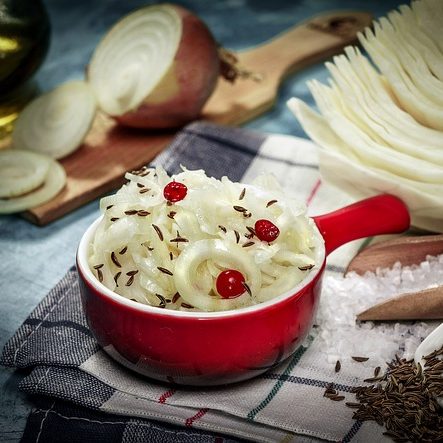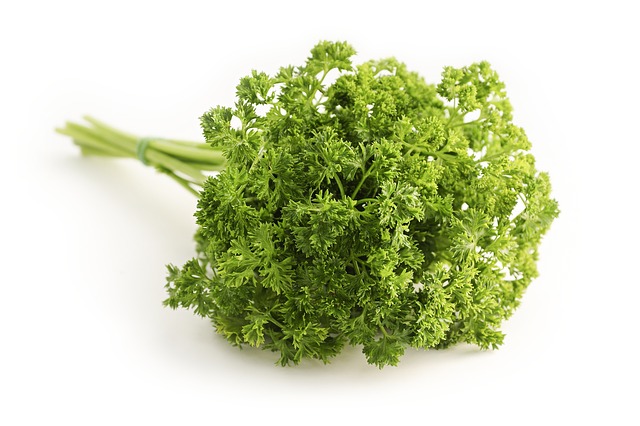Digestive Foods That Help
Digestive Foods That Feed Our Healthy Bugs

Over 60% of the U.S. population has indicated they have some form of digestive symptoms or dysfunction. However, only in some instances of gut disturbances, are probiotic supplements needed. We're the only country to recommend a probiotic daily, forever. We seem to do this with everything, don’t we? I was training with an herbalist from Australia at the time, and he told me with a smile that nowhere else in the world do they rely on probiotic supplements as we do here in the states. This herbalist had never given out a probiotic supplement! Of course, health issues vary from place to place. It's important to work with the health issues at hand as effectively as possible but also to understand there are many different ways to achieve the same outcome.
Three main foods that feed the healthy bugs in our gut:

1. Raw Vegetables
The undigested fiber in foods nourish our healthy flora. You know the annoying strings in celery that get caught in your teeth? That's what our flora thrives on. Increasing raw vegetable intake can be very helpful.
2. Fermented Foods
In the winter in Wisconsin, raw veggies aren't as plentiful and nutrient dense as other times of the year. Understandably you may have a cold constitution and therefore don't want to add more cold food to the body. If this is you, fermented foods will provide a great alternative which will continue to promote healthy flora. Fermented foods such as sauerkraut, kimchi, and pickled vegetables are the most helpful. If you're eating fermented foods, make sure they are either homemade or bought in the refrigerated part of the store. Sauerkraut sold on the shelf has been pasteurized or pressure cooked to seal the jar which kills the beneficial bacteria.
The most critical change we can make with our diet in regards to nourishing our microbiome is consistency. Typically, a small dose (1-3 TBL daily for fermented veggies) is more beneficial than a heaping cup once per week.


3. Bitter Herbs
We have bitter receptors throughout our whole body and not just in our digestive tract! Bitter herbs can help stimulate many physiological processes, but ultimately the bitter receptors found in our digestive tract will help stimulate digestive juices. The more our stomach and intestines are "primed" for the intake of food, the better we'll process the food. Food that is broken down more fully will help keep the intestinal pH within the correct range, further supporting the proliferation of beneficial bugs.
People ask me all the time, “What about yogurt!?”
Yogurt is fermented, but the bacteria in commercial yogurt is grown to survive and thrive in yogurt, not in the human digestive tract. Homemade yogurt and kefir are entirely different. Both are naturally fermented and allow healthy bacteria to flourish organically. Commercial yogurt is heavily promoted to be helpful for gut health. It can increase bowel movements thereby relieving constipation, but it does not provide a long-term solution to balancing gut health.


